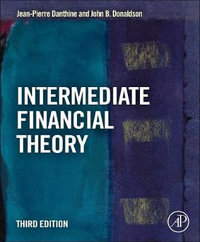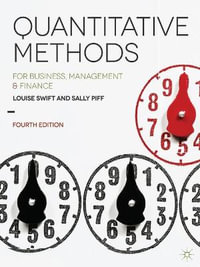An international perspective on the financial crisis and the future of banking regulation
The financial crisis that began in 2007 in the United States swept the world, producing substantial bank failures and forcing unprecedented state aid for the crippled global financial system. Bringing together three leading financial economists to provide an international perspective, Balancing the Banks draws critical lessons from the causes of the crisis and proposes important regulatory reforms, including sound guidelines for the ways in which distressed banks might be dealt with in the future.
While some recent policy moves go in the right direction, others, the book argues, are not sufficient to prevent another crisis. The authors show the necessity of an adaptive prudential regulatory system that can better address financial innovation. Stressing the numerous and complex challenges faced by politicians, finance professionals, and regulators, and calling for reinforced international coordination (for example, in the treatment of distressed banks), the authors put forth a number of principles to deal with issues regarding the economic incentives of financial institutions, the impact of economic shocks, and the role of political constraints.
Offering a global perspective, Balancing the Banks should be read by anyone concerned with solving the current crisis and preventing another such calamity in the future.
Industry Reviews
Jean Tirole, Winner of the 2014 Nobel Prize in Economics "This compact but powerful book by three internationally recognized European economists is well worth reading. The authors offer a thoughtful review of the current global financial crisis and a number of considered recommendations for ameliorating the next and inevitable one."--Choice "Balancing the Banks, by three French economists, focuses on what went wrong with financial regulation and how it can be strengthened. It offers an excellent appreciation of the intrinsic dilemmas involved in regulating financial institutions, along with an explanation of why regulation is necessary, and addresses, among other topics, how to deal with distressed banks. The book provides a useful non-American view of the financial system, with lessons from practices in European countries."--Foreign Affairs
























